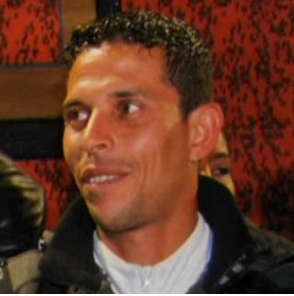We act on our deepest beliefs
By Dr. Henry Wong Meng Yeong | Tuesday, March 12, 2013 at 7:12AM

Let's continue our exploration of the cornerstones which define integrity. And let's see where that path will finally bring us.
To curb unethical and corrupt behavior, we said, we should reject the fallacy of choosing staff based solely on intelligence and merit instead of integrity and values.
We also reflected on the Chinese characters for education 教育 and examined how the former 教 (being schooled) is achieved through teaching at home and at school whereas 育 (being cultivated with ethics and values) is taught through strict family upbringing.
Confucius’ unequivocal philosophy states that upbringing starts from birth. It is clearly the responsibility of parents to instill values and ethics and should not be left to schools or other agencies. This important nurturing role of the parents from infancy will establish the foundation and principles in the young which guide one's behavior in life.
We also talked about how loyalty does not override other values.
These discussions were about the five cornerstones of integrity -- trust, propriety (a sense of right and wrong), honor, incorruptibility and shame. But the final lesson of the cornerstones is always this: The end does not justify the means.
One needs only to be reminded of the courage of a Tunisian street vendor to stand up against corrupt officials which ignited protests and sparked the Arab Spring. The movement which Mohamed Bouazizi began ignited people across the region because he reminded them that the aims of governments don't justify their cruel and repressive tactics.
As for whistle blowing, the sage teaches that even when one is imbued with the right values, one should always check one's conduct to ensure one remains upright at all times and stand up against wrong doing. Confucius supports the view that if one cannot maintain one’s upright principles in the service of one's prince (referring to country, and should be extrapolated to include corporations) one should resign.
The sage said:「所謂大臣者:以道事君,不可則止。」"What is called a great minister, is one who serves his prince according to what is right, and when he finds he cannot do so, retires."
Thus Confucius would not condone blindly obeying rules by abandoning one's moral and ethical principles.
The assumption therefore -- and our basis for hope and optimism -- is that these principles are within us all.
